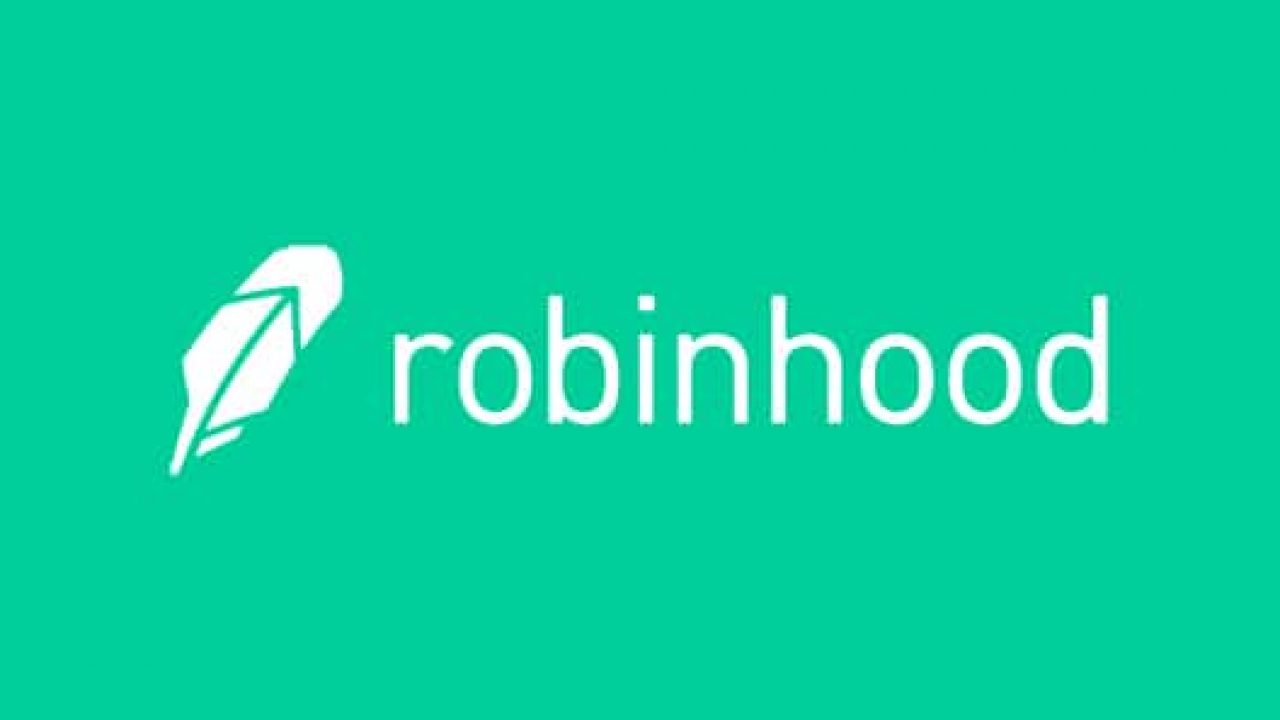
Robinhood Financial to Pay $70 Million Fine
Investing platform Robinhood has agreed to pay around $70 million to the financial industry regulatory authority (FINRA) in a settlement over allegations that it caused customers “widespread and significant” harm over the years.
That is the largest financial penalty ever handed out by FINRA, a non-government entity authorized by Congress to oversee hundreds of thousands of brokers across the U.S.
FINRA’s investigation found that millions of customers received false or misleading information from the firm, millions of customers were affected by the firm’s systems outages in March 2020, and thousands of customers were approved to trade options after red flags were ignored.
FINRA says that during certain periods since September 2016, Robinhood has negligently communicated false and misleading information to its customers. The false and misleading information concerned a variety of critical issues, including whether customers could place trades on margin, how much cash was in customers’ accounts, how much buying power or “negative buying power” customers had, the risk of loss customers faced in certain options transactions, and whether customers faced margin calls. One Robinhood customer who had turned margin “off,” tragically took his own life a year ago. A note left behind expressed confusion as to how he could have used margin to purchase securities because, he believed, he had not “turned on” margin in his account.
FINRA also found that since Robinhood began offering options trading to customers in December 2017, the firm has failed to exercise due diligence before approving customers to place options trades. The firm relied on “option account approval bots”, to approve customers for options trading, with very little oversight. As a result, Robinhood approved thousands of customers for options trading who either did not satisfy the firm’s eligibility criteria or whose accounts contained red flags that should have disqualified them.
Robinhood also failed to reasonably supervise the technology that it relied upon to provide core broker-dealer services, such as accepting and executing customer orders. Between 2018 and late 2020, Robinhood experienced a series of outages and critical systems failures. The most serious outage occurred on March 2 and 3, 2020, when Robinhood’s website and mobile applications shut down during a time of historic market volatility. This resulted in individual customers losing tens of thousands of dollars.
Robinhood failed to report many of written customer complaints about these issues. Robinhood’s reporting failures included complaints that Robinhood provided customers with false and misleading information, and that customers suffered losses as a result of the firm’s outages and systems failures.



My account was already down 80% last year when they approved me for Options trading. It was very, very easy to get approved. I don’t even remember if they asked any detailed questions. Of course, after getting approved I was able to get all my losses back. What I don’t like though is how sometimes my options orders don’t get filled at the higher price when the options start the trading day at the high of the day.